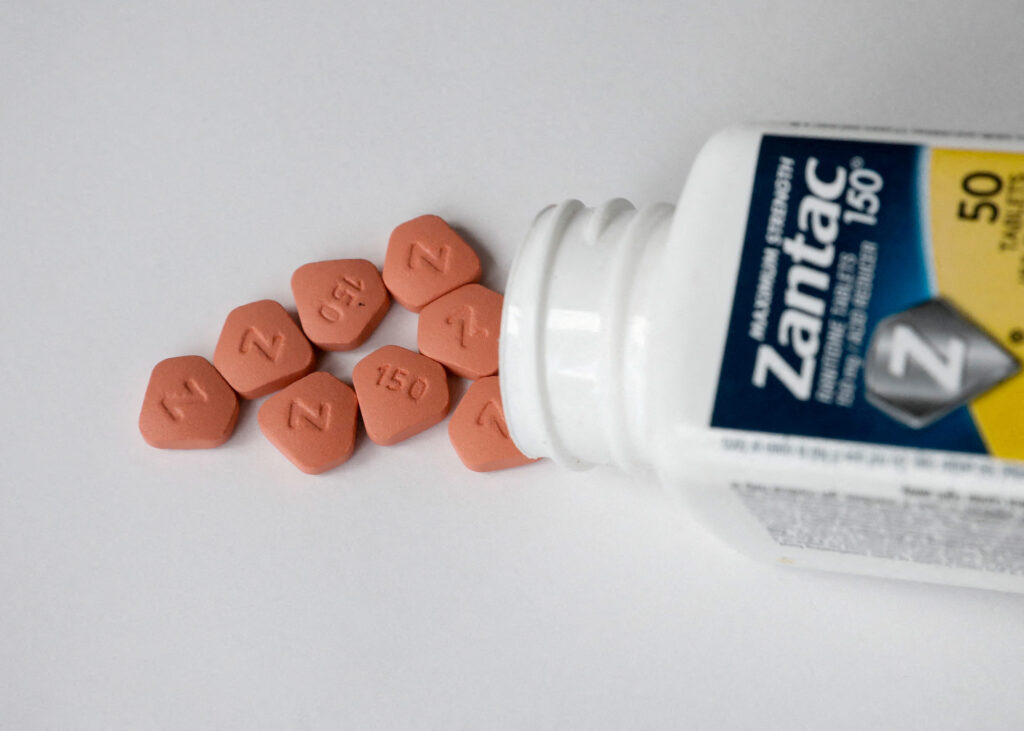From “thepeoplesvoice.tv”
Pfizer has agreed to a settlement between $200 million and $250 million to resolve over 10,000 lawsuits in the United States. These lawsuits accuse the pharmaceutical giant of concealing the cancer risks associated with its experimental medications, including the widely used heartburn drug, Zantac (ranitidine).
A court filing in Delaware confirmed the settlement, as first reported by Bloomberg. However, while Pfizer has moved to close this chapter, many other plaintiffs have yet to settle, leaving the legal battle far from over.
Ironically, considering its pivot to oncology, Pfizer has a well-documented history of concealing and covering up cancer risks associated with its drugs.
The controversy surrounding Zantac erupted when an online pharmacy detected low levels of a probable carcinogen in the drug, setting off alarm bells within the medical community and regulatory agencies. The FDA, along with global health regulators, soon launched investigations, leading to a massive recall of Zantac products worldwide.
But Zantac is just one example. Time and again, Pfizer has been accused of prioritizing profits over patient safety, suppressing data, and manipulating clinical trials to obscure the long-term risks of its medications.

Public health advocates warn that this settlement is part of a larger pattern—one where Big Pharma quietly pays its way out of accountability.
A strong example of this pattern is the 2012 Pfizer settlement in which the company paid $2.3 billion—the largest healthcare fraud settlement in U.S. history at the time—for illegally promoting drugs and misleading the public about their safety.
Pfizer is not alone in facing legal action. Other pharmaceutical giants, including Sanofi, Boehringer Ingelheim, and GSK, have also been hit with lawsuits over cancer risks in their medications. Earlier this year, Sanofi reached a preliminary settlement to resolve 4,000 personal injury lawsuits, signaling a broader industry-wide reckoning.
Critics argue that these settlements are a drop in the ocean compared to the lives impacted. Despite Pfizer’s willingness to settle, it has not admitted to any wrongdoing—a familiar playbook used by Big Pharma to sidestep accountability while protecting its bottom line.
Justice or Just Damage Control?
While the $250 million payout might sound substantial, it pales in comparison to the potential profits pharmaceutical companies made while selling dangerous drugs. The settlement does little to answer the larger question: How long did Pfizer and others know about the risks? And more importantly, how many lives were lost before action was taken?
With lawsuits still pending and public trust in Big Pharma at an all-time low, one thing is clear: Pfizer may be writing checks, but it cannot erase the truth.
